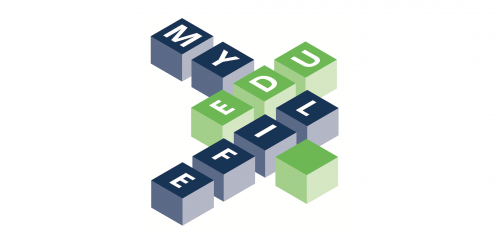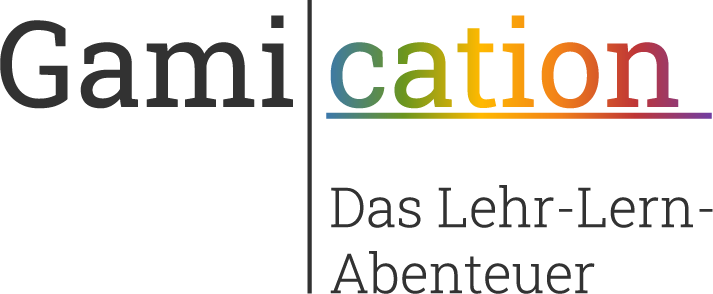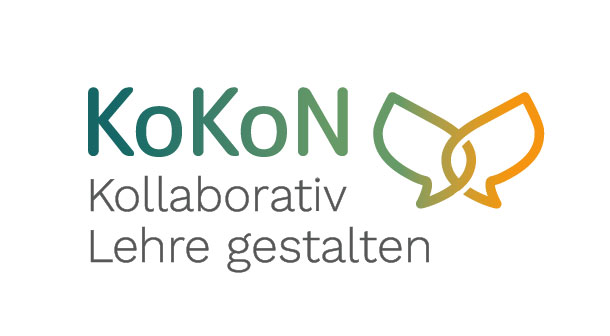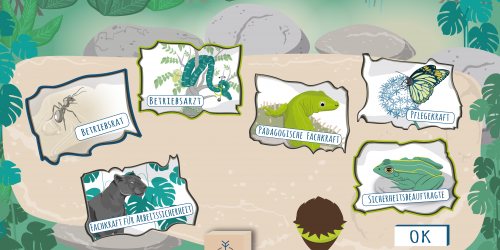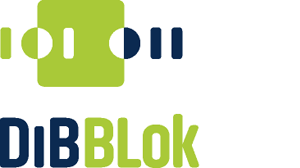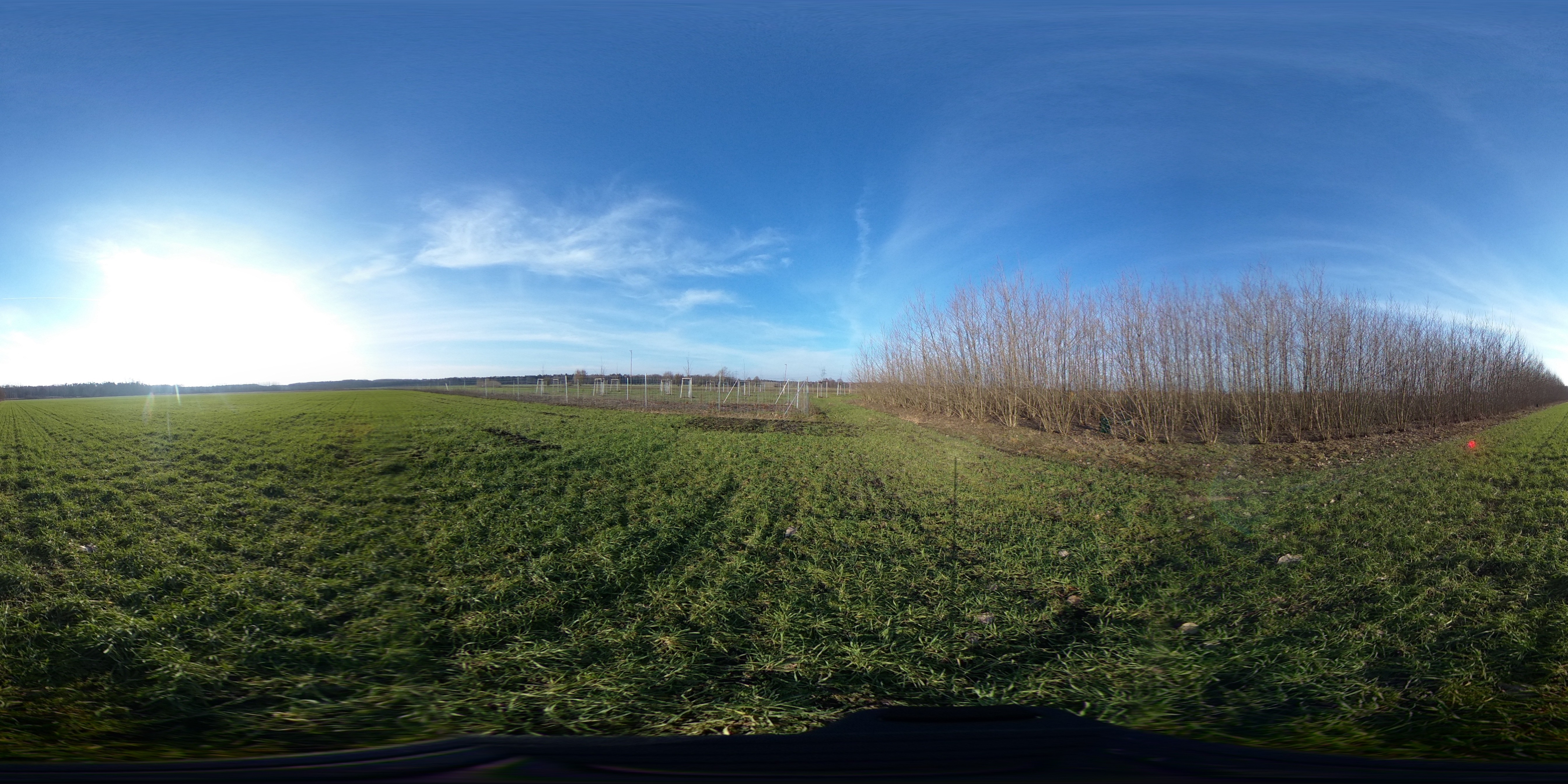Adaptive and individual learning with digital learning formats: Survey results in the ELe-com project
Have you ever acquired knowledge on the Internet for your professional activities?
This is one of 25 questions that had to be answered in a 15-minute online survey as part of a target group analysis. Here is the background:
In the ELe-com project A digital adaptive learning application for professional training on the topic of e-commerce is being developed and tested in the ILIAS learning management system. During the conception process, the project team was faced with a number of open questions. For example: How does the target group learn, which is made up of the following:
- Middle-level managers from trading companies who already operate or manage e-commerce or an online shop,
- Career changers from all industries who sell or want to sell goods or services over the Internet as well as
- all those for whom knowledge about the customer journey in e-commerce is important.
Which digital learning formats are used to acquire knowledge in a professional context and how useful are they perceived? What requirements or expectations arise regarding the technical aspects of a digital training offer so that it is accepted as part of job-related training? The online survey was conducted between November 22, 2021 and January 31, 2022. 299 people took part. Of these, 177 questionnaires were taken into account. As intended, the retail sector was well represented with almost half of the respondents.
With the online survey, we reached primarily young people. One reason for this is that the online questionnaire was distributed primarily in retail educational institutions. However, no significant differences were found compared to the older participants in the survey.
It was found that almost all respondents (98% of respondents) have already acquired knowledge for their professional activities online. Almost half of respondents use both their working hours and their free time for this. In their free time, they mainly use their smartphones for this purpose. The acquisition of knowledge mainly takes place at home (92% of respondents).
Most respondents have already used most of the digital learning formats and technologies we asked about. In addition, respondents are positive about the use of digital media in educational activities. If the target group is given a choice regarding the digital media format, videos (e.g. explanatory films, tutorials) are favored for acquiring knowledge across all age groups and are also considered to be the most useful.
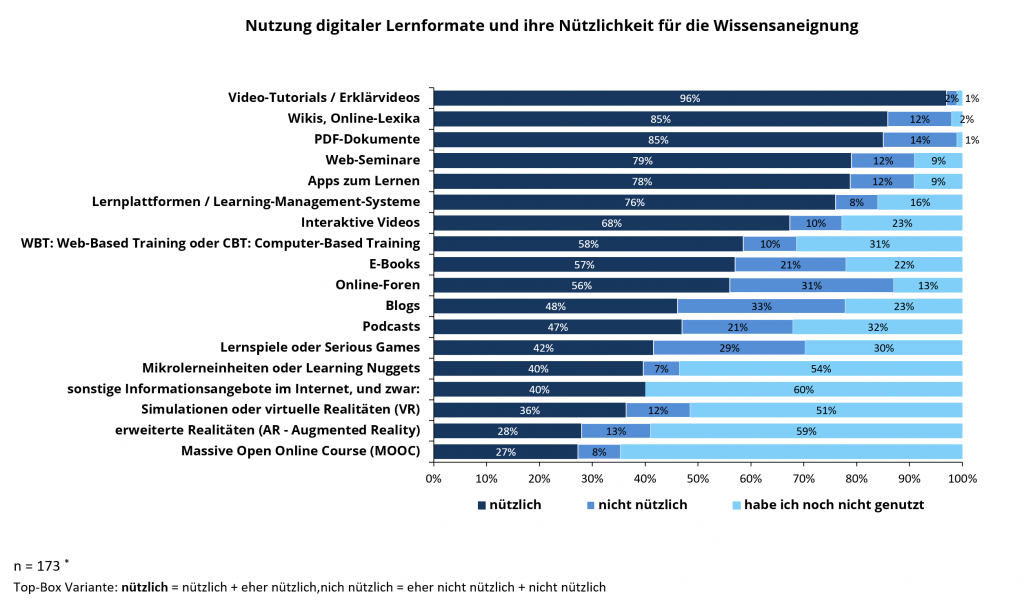
However, it must be remembered that we conducted the study using an online questionnaire and we must therefore assume that we reached people who spend a lot of time online and use digital media anyway. This may also partly explain the high level of media affinity.
With regard to learning strategies and methods, several results showed that respondents like to decide for themselves how much, when and for how long they want to learn and repeat content. Positive feedback plays a major role in 82% of respondents' motivation to learn. 74% of respondents like to test their acquired knowledge using tests or quizzes. Receiving proof, a certificate or something similar after completing a further training course is also important to respondents, especially for those who are studying or looking for a job.
In summary, we can say that the survey results on learning behavior, with regard to flexibility and freedom of choice, confirm the conceptual considerations for the continuing education program we have in mind. We will use the findings as a basis for the further conception of our AI-supported continuing education program.
Authors: Sandra Horeni, Maria Müller

